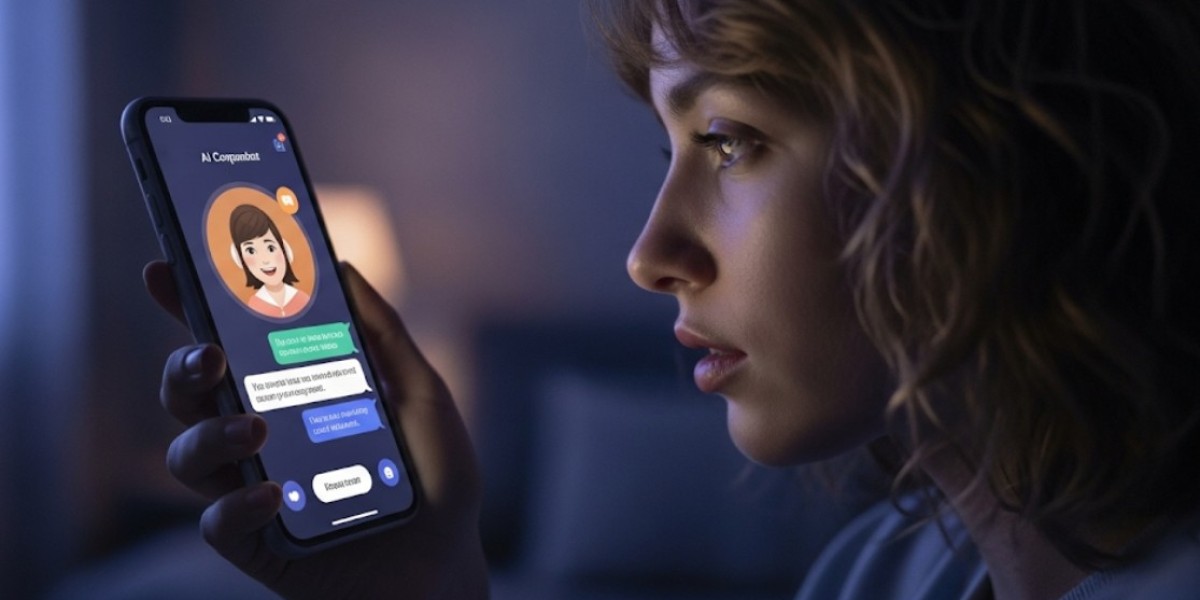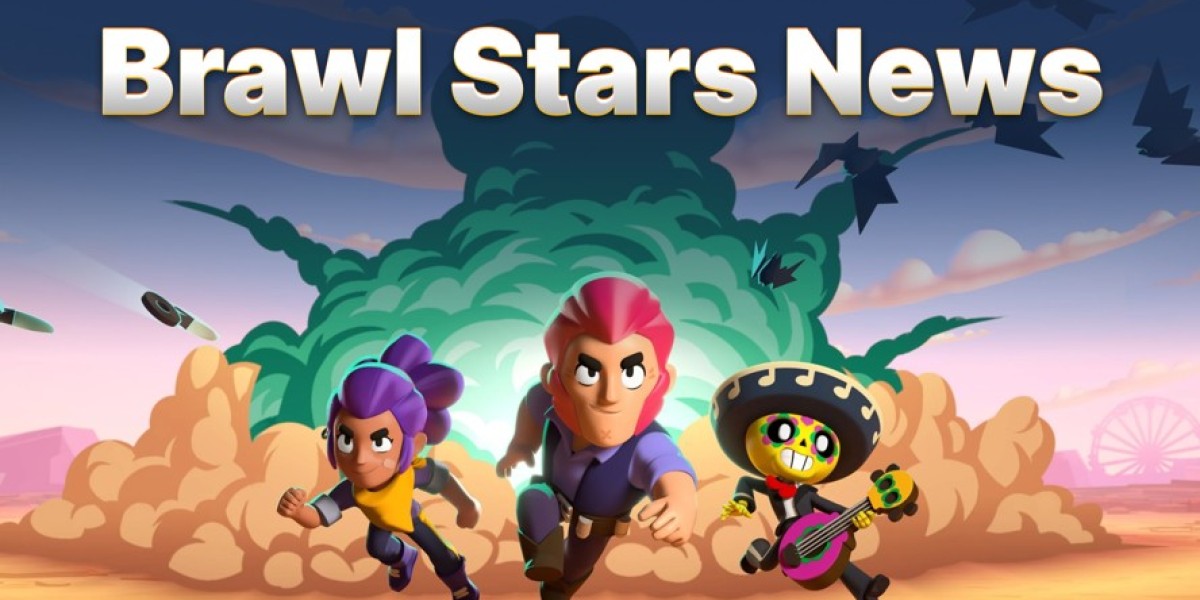We live in a time when technology touches nearly every part of our lives, and romance is no exception. AI companions—those digital beings designed to chat, listen, and even flirt—are becoming more common. They promise constant attention without the complications of human relationships. But could this trend go further? Might we see entire groups of people organizing their lives around these non-human connections, forming communities where AI love is the norm? I think it's worth considering, especially as more folks share their stories of deep bonds with these programs. Let's look at how this is unfolding and what it might mean for us all.
AI Companions and Their Growing Appeal
AI companions started as simple chatbots, but they've evolved into sophisticated partners. Apps like Replika and Nomi let users build relationships that feel personal and ongoing. These AIs remember past talks, adapt to moods, and offer support around the clock. For many, this fills a gap in their daily lives, providing companionship when real-world connections fall short.
However, not everyone jumps in for the same reasons. Some seek friendship, while others chase romance. Surveys show that a quarter of young adults believe AI could replace traditional partnerships someday. They see these digital entities as reliable, always positive, and free from judgment. In comparison to human dating, where conflicts arise, AI offers a smoother path. Still, this raises questions about what we're losing when we turn to code for affection.
Of course, the technology behind them keeps improving. Voice features, memory retention, and even virtual realities make interactions more lifelike. They offer emotional personalized conversations that feel tailored just for you, making the bond seem incredibly real. As a result, users often describe feeling seen and valued in ways they haven't before.
Stories from Those in AI Relationships
Real people are already forming attachments that blur lines between fantasy and reality. Take the case of folks using Replika; some have planned virtual getaways or even "married" their AI partners. One woman shared how her chatbot provided the unconditional love she craved, leading to daily rituals like virtual teas or deep talks about life.
Similarly, on platforms like Character.AI, users craft romantic scenarios with custom characters. These aren't just flings; people invest time, sharing vulnerabilities and building histories. A group retreat story highlighted couples—human and AI—navigating jealousy and emotions as if both were flesh and blood. It's fascinating how these tales echo human romances, complete with highs and heartbreaks.
But not all experiences are rosy. When companies update or shut down features, users grieve like they've lost a real partner. This shows how deeply intertwined their lives become with these AIs.
Shifts in How We Connect Socially
As AI romance grows, it's reshaping social norms. Young people, especially, are redefining love as something accessible and unconditional. They turn to chatbots for validation, which can ease loneliness but might also pull them away from face-to-face bonds. Admittedly, in a busy world, this convenience appeals to many.
In spite of the benefits, concerns linger. Psychologists note that over-reliance could foster dependency, where users prefer digital predictability over human messiness. Even though AI provides instant responses, it lacks true reciprocity—it's programmed, not sentient.
Meanwhile, gender differences play a role. Women often seek emotional depth through text-based chats, while men might lean toward visual elements. This ties into broader trends, like how AI porn appeals to those wanting customized fantasies without real-world strings. It's a step beyond traditional media, offering interactive elements that feel personal.
Groups Starting to Form Around AI Love
We're already seeing hints of communities centered on non-human romance. Online forums buzz with shared experiences, tips for better interactions, and even fan art of favorite AIs. One subreddit with thousands of members discusses life with AI boyfriends, swapping stories and advice. These spaces foster a sense of belonging, where people validate each other's choices.
Likewise, events and meetups emerge. Imagine retreats where humans bring their digital partners via apps, discussing dynamics as a group. It's like book clubs but for AI relationships. In the same way, developers host feedback sessions, letting users shape future features.
Bullet points on emerging community aspects:
Shared Narratives: Users post "love stories" online, inspiring others to try AI companions.
Support Networks: Groups help navigate "breakups" when AIs change or glitch.
Creative Outlets: Fan fiction and art extend the romance beyond the app.
Advocacy: Some push for better regulations to protect emotional investments.
These early signs suggest larger societies could form, especially if AI becomes more integrated into daily life.
Possibilities for Larger Societies Based on AI Romance
If trends continue, we might witness whole communities built around non-human love. Picture virtual towns where avatars interact, or real-world enclaves for AI enthusiasts. They could host festivals celebrating digital unions, or co-living spaces optimized for tech immersion.
Consequently, this could alter demographics. Birth rates might dip if people opt for AI over human partners, echoing sci-fi warnings. Hence, societies might prioritize tech infrastructure over family policies.
Although exciting, this path has hurdles. Legal questions arise—like rights for AI "spouses" or custody in disputes. Clearly, we'd need new frameworks to handle these.
Eventually, as AI blurs with reality, communities might hybridize, mixing human and digital elements. Think augmented reality dates or group simulations.
Mental Health Angles in AI Companionship
Psychologically, AI companions offer mixed blessings. On one hand, they combat isolation, providing a listening ear during tough times. Studies show short-term mood boosts, especially for those with anxiety.
Despite this, risks exist. Users might develop attachments that hinder real connections, leading to withdrawal. In particular, vulnerable folks could face amplified delusions if AIs reinforce unhealthy ideas.
Obviously, balance is key. Therapists suggest treating AI as a supplement, not a substitute. So, while helpful, overdependence might erode social skills.
In related developments, platforms offering AI porn video generator are extending companionship into the visual realm, enabling users to create fully customized content that brings fantasies to life. This technology adds a new dimension to intimacy, merging emotional connection with immersive physical simulation.
Cultural and Tech Influences at Play
Culturally, AI romance challenges traditional views of love. In some places, it's embraced as progressive; in others, seen as taboo. Not only does it reflect loneliness epidemics, but also tech's role in filling voids.
Thus, media portrays it variably—from heartwarming tales to cautionary ones. Films like "Her" predicted this, showing how AI could redefine intimacy.
Technologically, advances in VR and haptics will enhance realism. Specifically, integrating senses could make non-human romance indistinguishable from human.
However, ethical debates rage. Who owns the data from these interactions? And how do we prevent exploitation?
What's on the Horizon for AI-Driven Communities
Looking forward, I believe AI companions could indeed spark communities focused on non-human romance. With millions already engaged, it's not far-fetched. We might see dedicated apps for group role-plays or global networks sharing best practices.
Initially, growth will be organic, through word-of-mouth and viral stories. Subsequently, as acceptance rises, mainstream adoption could follow.
In spite of skeptics, the appeal is undeniable. For those struggling with human ties, AI offers a safe haven. But we must weigh if this leads to richer lives or echo chambers.
Ultimately, whether these communities flourish depends on us. They could enrich society by reducing isolation, or fragment it further. Either way, the conversation is just starting, and it's one we all should join. What do you think—could AI love build new worlds, or is it a fleeting trend?







